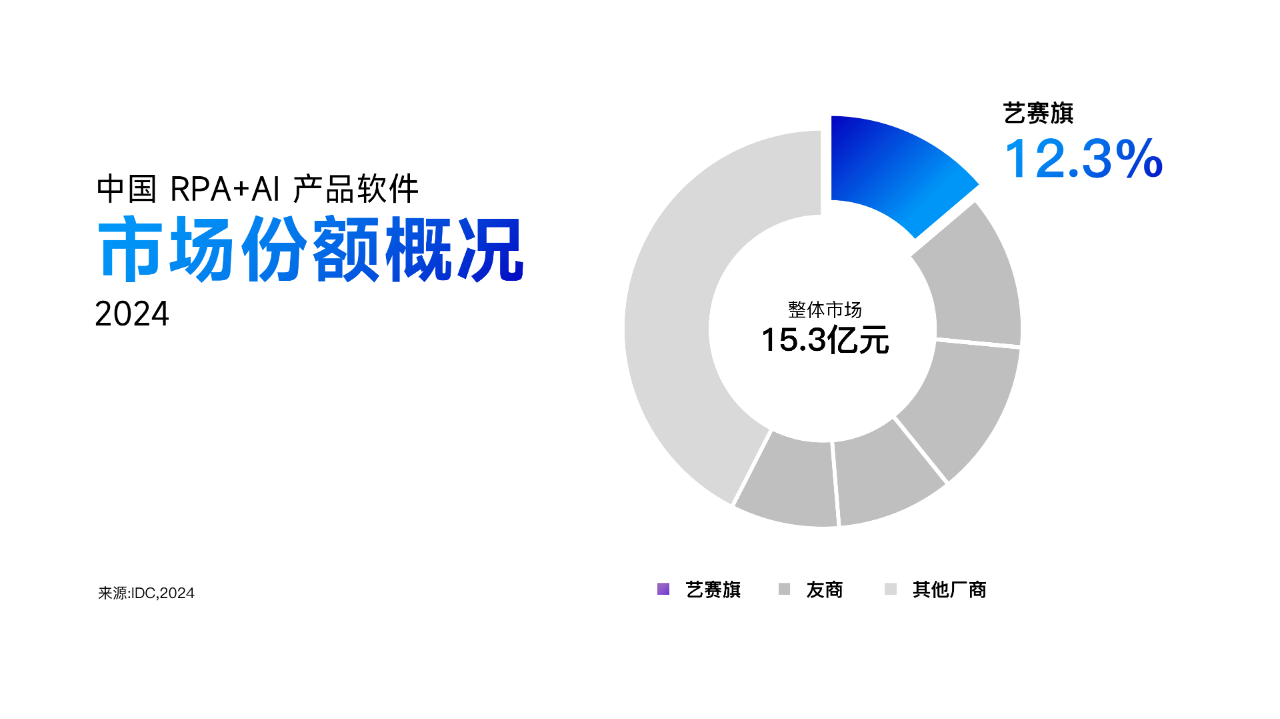In today's digital age, the term "RPA" has been increasingly mentioned and plays a significant role in helping businesses improve efficiency. So, what exactly is RPA?
RPA stands for Robotic Process Automation. In simple terms, it refers to the use of software robots to mimic human actions in digital systems to perform repetitive, rule-based tasks. It's like having digital workers that never get tired and can work around the clock following preset rules.
How Does RPA Work?
RPA software robots are programmed to interact with various applications and systems just as humans do. For example, they can automatically log into different software, fill in forms, extract data from documents, and transfer files. Take a company's accounting department as an example. Every month, employees need to manually input a large amount of invoice data into the financial system, which is time-consuming and error-prone. However, with RPA, the software robot can quickly identify the key information on the invoices through optical character recognition (OCR) technology and accurately input it into the corresponding fields in the financial system. It can handle dozens or even hundreds of invoices in a short time, greatly improving work efficiency and reducing errors.
The Functions of RPA
- Automating Business Processes: RPA can handle a wide range of repetitive business processes. In the customer service field of an e-commerce company, when dealing with a large number of inquiries about order status, product information, etc., RPA can automatically reply according to preset answers based on the keywords in the customer's questions. According to a survey of an e-commerce enterprise, after implementing RPA in customer service, the response time to customers was reduced by about 60%, and customer satisfaction increased significantly.
- Data Processing and Integration: It can extract data from multiple heterogeneous systems and then clean, transform, and integrate the data. For instance, in a manufacturing enterprise with different production line monitoring systems and inventory management systems, RPA can gather production data and inventory data respectively and combine them to provide a comprehensive data analysis report for managers to make better decisions.
- Workflow Coordination: RPA is capable of coordinating workflows among different departments and systems. In a hospital, it can connect the registration system, the laboratory test system, and the doctor's diagnosis system. When a patient finishes registration, RPA can automatically notify the laboratory department to arrange relevant tests and then ensure that the test results are sent to the doctor in time, improving the overall efficiency of medical services.
Application Scenarios of RPA
RPA has been widely used in many industries.
- Finance: Banks use RPA to handle tasks like account statement generation, interest calculation, and fraud detection. A certain bank reported that by using RPA for daily account balance reconciliation, the accuracy rate reached over 98%, and the time spent on this work was reduced by half compared to manual operations.
- Healthcare: From patient appointment scheduling to medical record management, RPA can play an important role. A study in a hospital showed that after implementing RPA in medical record entry, the error rate dropped by 75%, ensuring the accuracy and integrity of medical records.
- Logistics: In logistics companies, RPA can assist with order processing, package tracking, and route planning. For example, it can automatically update the shipping status of packages in real-time, improving the transparency of logistics information for customers.
The Industry Status and Introduction of iS-RPA (by iS-RPA of iSearch)
In the RPA market, iS-RPA developed by iSearch has a prominent position. According to the report of a well-known international research institution on the market share of RPA + AI solutions in China in 2024, iS-RPA of iSearch accounted for 12.3% of the market share, ranking first in the Chinese RPA + AI product market. Moreover, its growth rate reached 22.1%, leading the industry in China.

iSearch's iS-RPA has launched an "Enterprise-level Process Intelligent Body Platform", which combines advanced technologies such as RPA, process mining, and large models. It forms a full life cycle management system covering "discovery - evaluation - construction - operation - operation". For example, in the financial field, its standardized solutions for invoice processing and tax payment robots have covered nearly 100 banks and mainstream ERP systems.

iSearch's iS-RPA has launched an "Enterprise-level Process Intelligent Body Platform", which combines advanced technologies such as RPA, process mining, and large models. It forms a full life cycle management system covering "discovery - evaluation - construction - operation - operation". For example, in the financial field, its standardized solutions for invoice processing and tax payment robots have covered nearly 100 banks and mainstream ERP systems.
In the actual application of Industrial and Commercial Bank of Asia (ICBC Asia), after deploying the collaborative system of iS-RPA process automation and RPM process mining of iSearch, the operational efficiency has been significantly improved, and nearly 50% of business pain points have achieved closed-loop intelligent processing. Another example is the Shanghai Airport Group. After introducing iSearch's iS-RPA technology, it has achieved efficiency improvement and risk control in five high-frequency scenarios such as bank-enterprise account reconciliation and month-end closing, providing a reference model for the financial digitalization transformation of central state-owned enterprises and local state-owned enterprises.
In conclusion, RPA is a powerful tool in the digital transformation of enterprises, and Yisaqi's iS-RPA, with its leading position and excellent performance, is helping more and more enterprises to improve efficiency, reduce costs, and achieve better development in the digital age.

 企业平台
企业平台 发现评估
发现评估 自动化
自动化 行业解决方案
行业解决方案 业务解决方案
业务解决方案 合作伙伴
合作伙伴 生态联盟
生态联盟 咨询服务
咨询服务 培训服务
培训服务 交流社区
交流社区 客户成功
客户成功 产品文档
产品文档
 公司介绍
公司介绍 新闻列表
新闻列表 联系我们
联系我们 加入我们
加入我们

